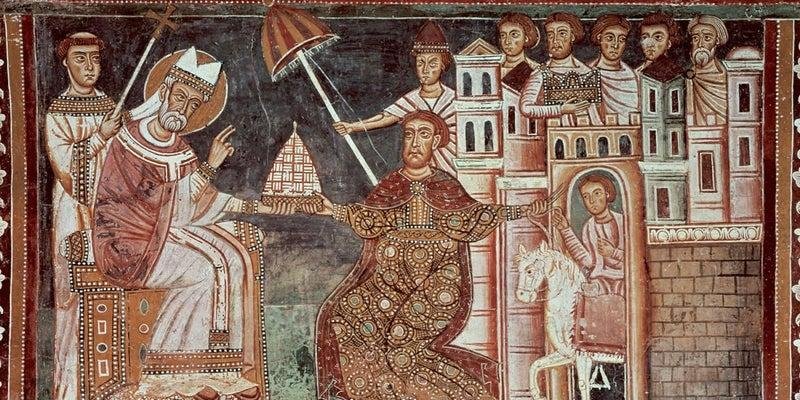The Origins and Spread of Christianity, Islam,
The Origins and Spread of Christianity, Islam, and Other Major World Religions.
The origins and spread of major world religions are complex and multifaceted. These religions emerged in different parts of the world at different times, and each has its own unique history and traditions.
This essay will focus on the origins and spread of Christianity, Islam, and some other major world religions.
Christianity emerged in the eastern Mediterranean region around the first century CE. It was founded by Jesus of Nazareth, a Jewish preacher who taught a message of love and compassion for all people.
Jesus’ teachings were based on the Jewish scriptures, but he also introduced new ideas such as the idea of forgiveness and the importance of a personal relationship with God. Jesus’ followers, known as the apostles, spread his teachings throughout the Roman Empire and beyond.

One of the key events in the spread of Christianity was the conversion of the Roman Emperor Constantine in the early fourth century.
Constantine’s conversion gave Christianity political legitimacy and paved the way for its rapid spread throughout the Roman Empire.
By the fifth century, Christianity had become the dominant religion in Europe, and it continued to spread throughout the world in subsequent centuries through missionary work, colonization, and other means.
Islam emerged in the Arabian Peninsula in the seventh century CE. It was founded by the prophet Muhammad, who received divine revelations from Allah through the angel Gabriel.
Muhammad’s teachings emphasized monotheism, social justice, also personal piety. Islam spread rapidly throughout the Arabian Peninsula and beyond, driven by the zeal of Muhammad’s followers and the political and economic power of the Islamic empire.
A pivotal event in Islam’s spread was Muhammad and his followers conquering the Arabian Peninsula.
This conquest united the Arabian Peninsula under Islam’s control, facilitating its spread across the Middle East and beyond.
Islam spread through missions, trade, also conquest, establishing dominance in the Middle East and North Africa by the eighth century.
Buddhism is another major world religion that emerged in the Indian subcontinent around the fifth century BCE.
It was founded by Siddhartha Gautama, who became known as the Buddha after achieving enlightenment under a Bodhi tree. The Buddha’s teachings centered on the Four Noble Truths also the Eightfold Path for liberation from suffering and enlightenment.
Buddhism rapidly spread through India and beyond, propelled by the Buddha’s followers and support from influential rulers and merchants.
Buddhism dominated India by the 1st century CE and later spread across Southeast Asia, China, and other Asian regions.
Hinduism, older than Buddhism, is a major world religion from the Indian subcontinent.
Hinduism, a diverse religion, involves worshiping many deities, practicing yoga, also meditation, and observing various festivals and rituals.
Hinduism’s origins are challenging to trace, but it likely emerged from the ancient Indus Valley civilization’s beliefs and practices.
Over time, Hinduism absorbed numerous influences from other religious traditions, including Buddhism, Jainism, and Islam. Hinduism, the dominant religion in India, has spread globally through migration also missionary efforts.
Confucianism is another major world religion that emerged in China around the fifth century BCE. Founded by Confucius, a philosopher and teacher, emphasizing moral values, social harmony, and respect for authority.
Confucianism became the dominant religion of China and exerted a profound influence on Chinese culture and society for centuries. 온라인카지노


